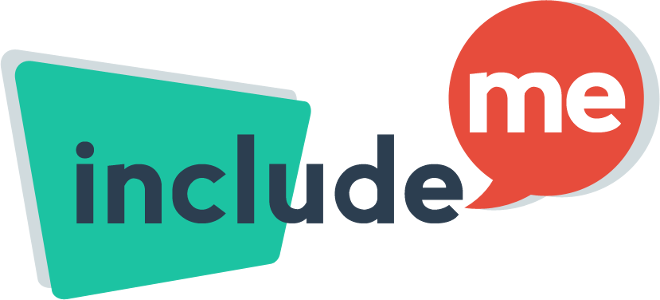Length of session
LEARNING OBJECTIVES
Identify social networks that can help participants gain contacts and find jobs. Motivate participants to register on the job-seeking websites and utilize social media
Materials Needed
Computer
(paper, chart paper, or white/chalk board and markers/chalk)
Video beam
(optional)
Internet connection
(optional)
Facilitator’s input
duration of activity
What Are “Social Media”?
Traditional media outlets – books, magazines, and newspapers – are a one-way street. They only communicate to you, but don’t let you communicate back. Social media, however, is a two-way communication hosted on dozens of websites. Many job leads today start with connections made through social media networks. The most popular social media websites include LinkedIn, Twitter, Facebook and YouTube.
LinkedIn and Job Searching
While many social media websites may lend a hand in your job search, LinkedIn.com originated as a professional networking tool to exchange information, ideas, and opportunities. LinkedIn’s thousands of members comprise 130 different industries, and include 130,000 recruiters.
Job Searching on Facebook and Twitter
Facebook started out as a college networking site but now includes more than half a billion people of all ages from all over the world. You can use Facebook to build relationships with friends and family – and to search for a job by reaching colleagues, friends, and the people they work with.
Your personal Facebook profile can serve as an online career profile that will promote what you’re doing and what you’re looking for professionally. As you write your profile, decide what you want business contacts or prospective employers to know about you, and include information that is relevant to your job search or career. Employers also use Facebook to connect with prospective employees by creating Facebook groups. You can join these groups to get in touch with the companies and learn more about the job openings they have. Twitter is another helpful social networking tool that lets you send and view updates from friends and colleagues using instant messages. An instant message is the sending of real-time messages to other Internet users. People and companies use Twitter in a variety of ways, including professional needs. Like Facebook, you can use Twitter to keep in touch with friends and contacts about your job search. You can also look for prospective employers by searching for the particular company you’re looking for.
Social Media and Job Search “DO’s”:
Create an online presence: Showcase your skills and experience online and develop a network of contacts online that can help you in your job search.
Be consistent: The information on your resume should match the information that you have on your social media (Facebook and LinkedIn profiles, website, e-portfolio etc) and it should all be up-to-date. If all of your information is not consistent, an employer may be worried that some of the information is not true.
- “Google” yourself!: Check out what results come up online when you perform a google search with your name, because employers do! Employers will form an impression with what they find out about you online, even though you may want to have kept that private…
- Be careful what you say…or type!: When you send out a tweet, change your Facebook status, post on a wall, comment on a blog, create a video, or upload information to your website, that information is now out there loose on the internet. Google searches will find this info, and you an employer may be using Twitter/Facebook/YouTube too…
- Remember your privacy settings: You can control the privacy settings for your accounts to some degree, but no matter what, there is no way to “lock down” your information completely. So be vigilant and don‟t share miscellaneous pictures online!
- Keep it professional: Your screen or profile name, the pictures posted on your profile (or on those of your friends or contacts), the videos uploaded to YouTube, and status updates/posts/tweets should be appropriate. This can also extend to controversial content, for example, religious or political views. Employers may worry that you will be judgmental. First impressions can only be made once!
Helpful Hints
While you may not be able to go back in time and remove what you have already posted or uploaded online, employers will be more likely to form their first impressions on the top Google hits. So by be actively involved in a positive way online, your more recent activities will hit the top of the Google search and will push the more “questionable” material down to the bottom. This is the only way to “clean up your social media footprint”. Consider the following information as important things to avoid if possible:
“Inappropriate” comments or “unsuitable” photos
Criticisms of previous, employers, co-workers or clients
Inappropriate comments by friends or relatives that you are linked to.
Discussion
duration of activity
Ask how many participants have their Facebook profiles? LinkedIn?Ask them whether they thought about using them as job searching tool? Introduce participants to the relevant job-seeking and professional networking websites, such as LinkedIn, and local sites. Browse with participants options to register there. Discuss on how they can use the online opportunities, how to register their CV, how to promote themselves. Ask the participants whether they know someone who got the job through online applications. Share some positive stories about the people who got the job through their Facebook contacts, or being headhunted through LinkedIn.
Ask participants to create their online job-seeking profiles as a homework, or if you have enough time, let them do it during this session












Recent tips